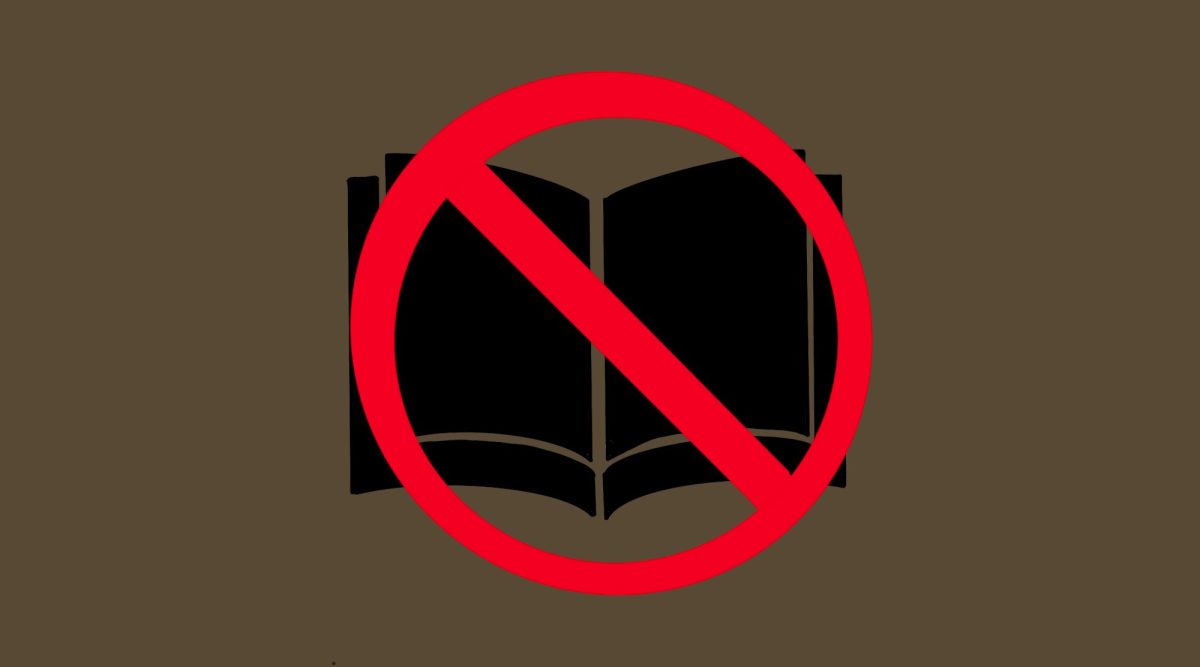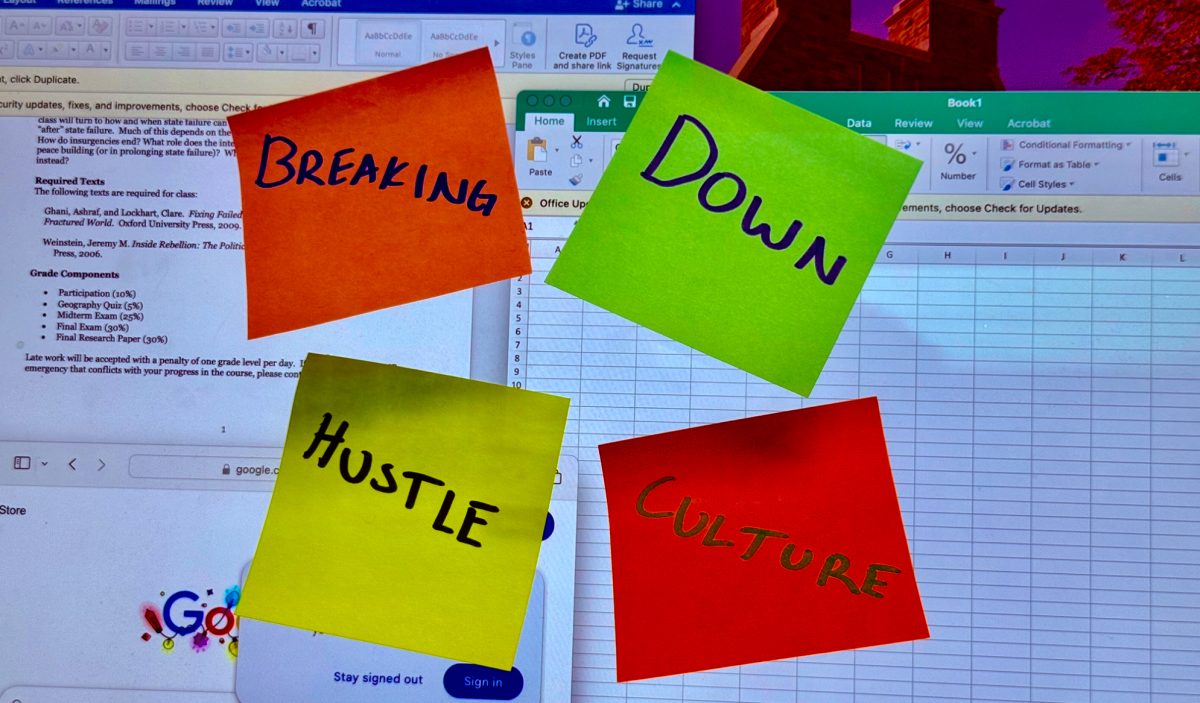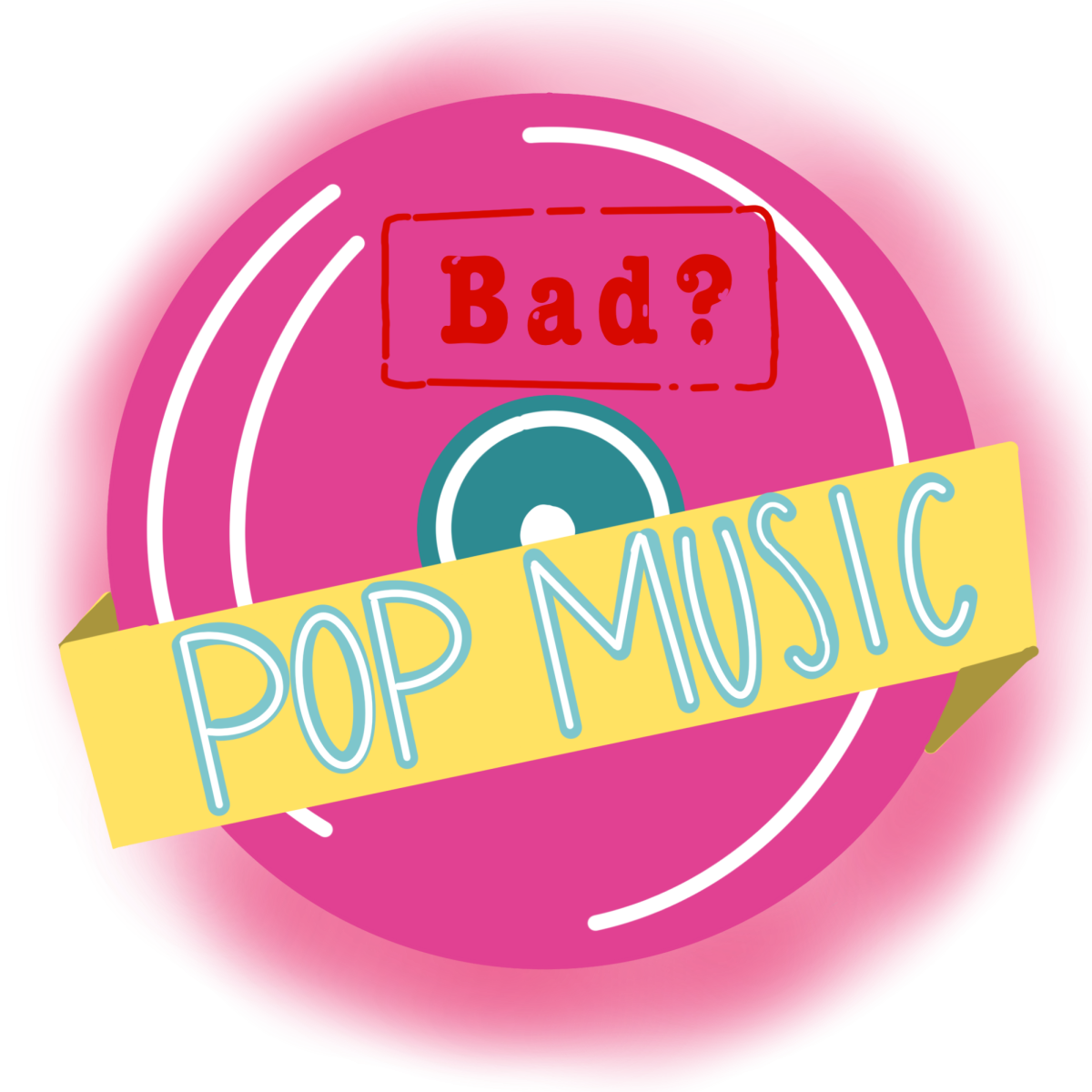In my freshman year of high school, I read “The Assistant” by Bernard Malamud in my English class. What I remember most about this book was not the symbolism or rhetorical devices the author used, but rather a sexual scene that was clearly non-consensual. This scene was not even mentioned in class the next day. There was no mention of how consent operates, how it can be withdrawn or how gender and power played a role in this interaction. We were all left to interpret this scene on our own.
Given the rise in book bans, I find it puzzling as to why some books are banned and others are not. Why is violence against women permissible, but depictions of a healthy, queer relationship are deemed as pornography? Who is deciding what topics are inappropriate for the classroom, and what are the implications of this censorship?
Book bans essentially refer to when a book is removed from school libraries or curricula because of content concerns. Sometimes, books can be partially banned, where parental permission is required for students to check the book out from school. The concept of a book ban itself is, in my opinion, antithetical to the ideals of American education. The content students are learning in their history classes is contradictory to the current practice of restricting the content and knowledge available to them. America fought in a revolution for freedom from undue restrictions and against the infringement of personal rights. Limiting the information available to its citizens defies the very principles of democracy the country was founded upon.
There are, of course, exceptions to where book bans are appropriate. Books encouraging students to harm themselves or others certainly have no place in the school building. Similarly, books targeting a specific group of people are also justified in being limited from the classroom environment. In these instances, the purpose of a book ban would be to protect all students and ensure students are not accessing information that is biased and not factually based. The book ban is rooted in making choices for the well-being of students rather than to placate parents and politicians.
Underscoring the rise in book bans is a fear of the country changing, of these changes being documented and of students given power and agency in discovering ideas that may resonate with them that they have not been exposed to in their home environments. Book bans seem to reflect a desire to maintain a white, patriarchal society masked under a false facade of protection against titles deemed inappropriate for students to engage in. According to PEN America, these targeted titles feature “most frequently female, people of color and/or LGBTQ+ individuals.” It is why books such as “Gender Queer: A Memoir” by Maia Kobabe are banned, but my school had no problem requiring a text depicting a white man assaulting a woman. The goal appears not to protect students. The goal seems to be to limit knowledge that could threaten the system that has corroborated the power of white, heterosexual America.
I think it is a pervasive fear of sex and sexuality, of difference and dissonance, driving current influxes of book bans. Pornography seemingly has become a catch-all term attributed to any book that parents and lawmakers desire to keep out of the hands of students. It is why Anne Frank’s diary has been successful in being removed from schools in Florida and Texas under the guise of “pornography.” Even those unfamiliar with the content of this text can clearly see how this is a disturbing act of antisemitism, a manifestation of an apparent desire to silence the voices of anyone of a different background or identity.
Evident in this false attribution of any text presenting a different ethnic, racial or sexual identity to sex and pornography is also an abuse of language. I believe texts are being mislabeled as pornography or overtly sexual when there is typically nothing sexual in their nature. This limits students’ knowledge not only of diverse backgrounds, but also of sex and sexuality. If the label of sex is being placed on books that do not give information about sex, students will be misinformed about this topic and perhaps also misuse this label.
I am concerned about how this could impact students who have no access to sexual education outside the classroom. This lack of access to the proper language to describe these situations could lead to students being in situations of sexual abuse and coercion and lacking the terminology to use in order to seek help from others. This desire to maintain a culture of purity is unrealistic. The ban of books under the guise of banning sexual content can do far more harm than good.
Implicit in book bans seems to be a desire for those in power to maintain the image they have of America — of a country comprised of traditional, nuclear families. The country has shifted, and the idea of what constitutes a family unit and a safe environment for children has changed along with it. Banning books showing a multiplicity of identities and backgrounds will not change whether students identify as LGBTQ+, whether they are sexually active and whether they face violence or abuse. What will change is the potential knowledge they have to form their own ideas about what situations are safe and productive for them. I believe book bans are the embodiment of a culture that is more fearful of the country changing than of its children being unprepared to navigate the world.










